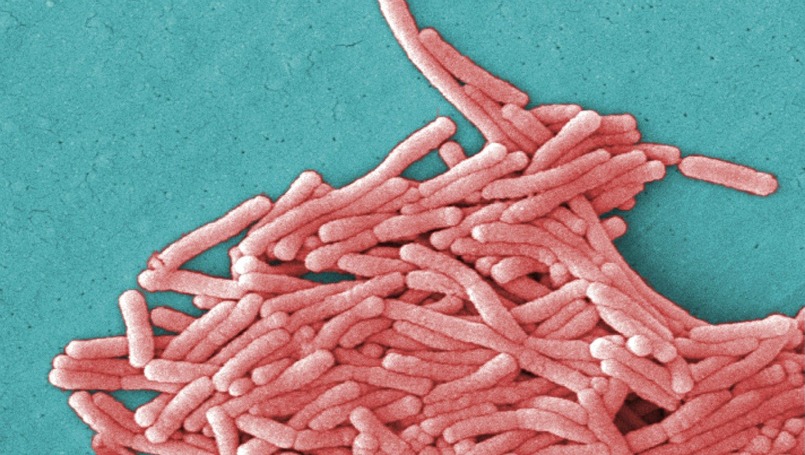Wednesday, July 06, 2016

by Matthew Warpinski, D.O., Beaumont Hospital, Farmington Hills emergency medicine physician
There have been 65 confirmed cases of Legionnaires' disease in Michigan in 2016, with the most recent confirmed case coming from Genesee County - its first this year.
First, you should know that Legionnaires’ does not spread from one person to another. Second, most healthy people do not get sick after being exposed to Legionella bacteria.
So, what exactly is Legionnaires’ disease and why do some people get it and others don’t? And why do we usually hear about Legionnaires’ in the summer?
WHAT IS LEGIONNAIRES' DISEASE
It’s a kind of pneumonia, or an infection of the lungs. Like other pneumonias, it can lead to complications if not treated quickly. People can get Legionnaires’ disease by breathing in small droplets of water, or mist, which contain Legionella bacteria. In general, it does not spread from one person to another. People also don’t get Legionnaires’ disease from drinking water, but may be exposed if water goes down the airway.
LEGIONNAIRES' RISK FACTORS
Most healthy people do not get sick after being exposed to Legionella. Being 50 years or older or having certain risk factors increases the chances of getting sick. Other risk factors include:
- being a current or former smoker
- having chronic lung disease, such as emphysema or chronic obstructive pulmonary disease
- having a weakened immune system from diseases like cancer, diabetes or kidney failure
- taking medicine that weakens your immune system
Legionnaires’ disease isn’t common in children.
People can get Legionnaires’ disease at any time of year. But, it’s more common when temperatures are warmer. Legionella bacteria occur naturally in freshwater, like lakes and streams. Large water systems, like those found in large buildings, can sometimes grow Legionella bacteria if they are not properly maintained. The most common sources of exposure from these types of buildings are air conditioning systems with cooling towers, hot tubs and spas or decorative fountains.
SYMPTOMS OF LEGIONNAIRES' DISEASE
This disease begins with flu-like symptoms, such as fever, headache, muscle aches and chills. In some, more serious symptoms develop in as little as 1 to 2 days, including high fever, a cough that is usually dry but sometimes produces mucus, difficulty breathing, chest pains, chills or diarrhea.
If you have symptoms, go to the nearest emergency center. Be sure to tell the doctor if you have recently been in a hot tub, stayed in a hotel or traveled. Legionnaires’ disease can be treated effectively using antibiotics, which work best if administered early on in the illness. In most instances, people with Legionnaires’ disease will need treatment in the hospital.
